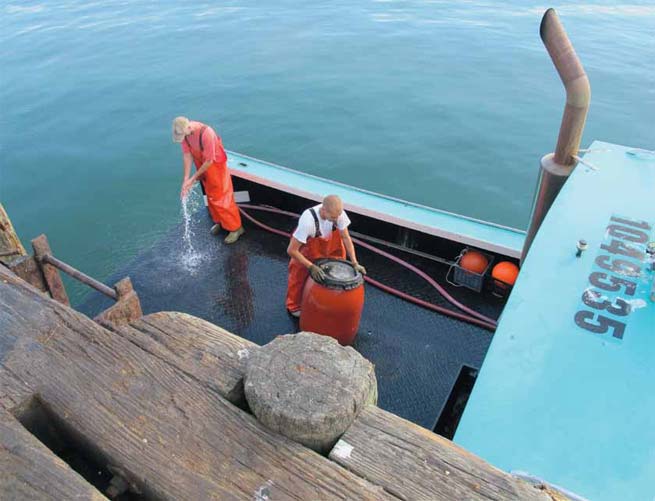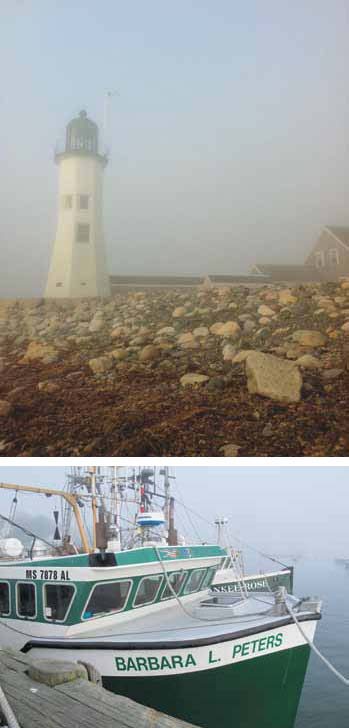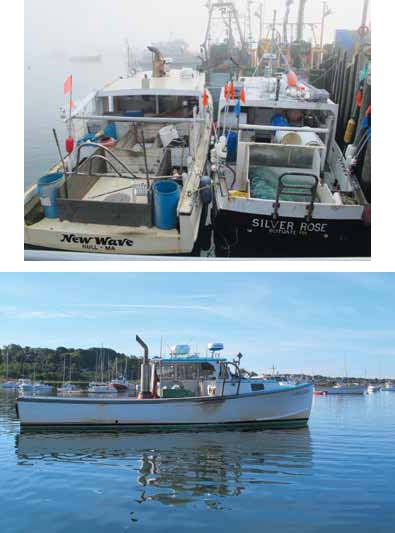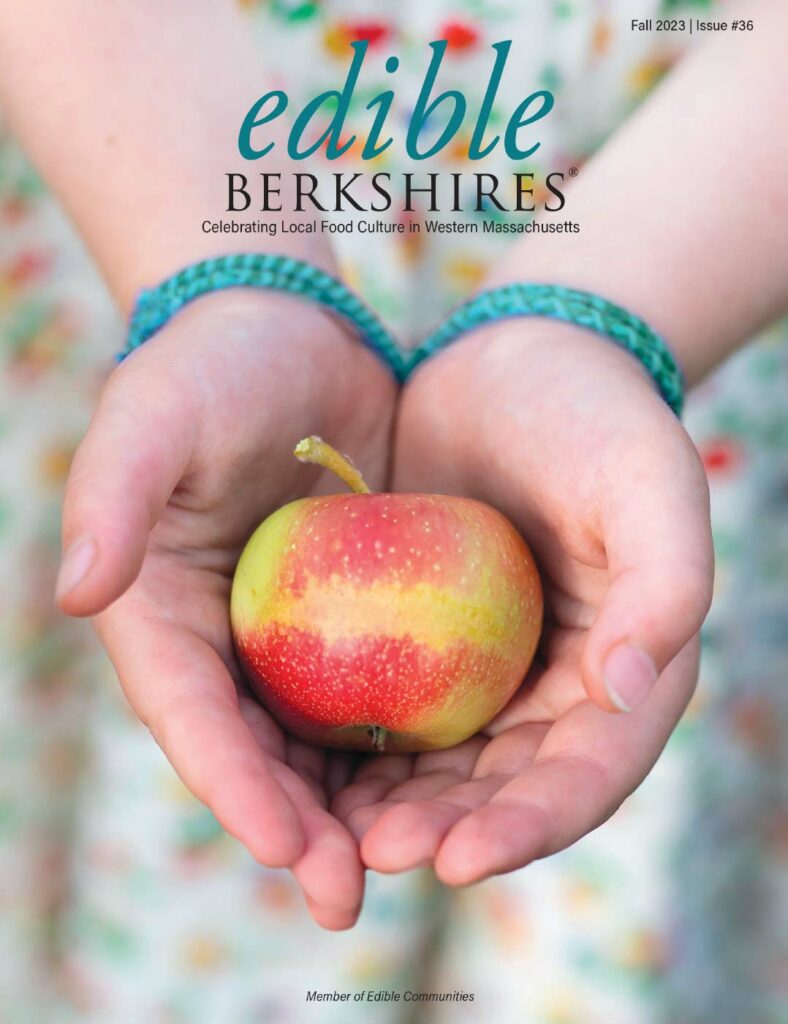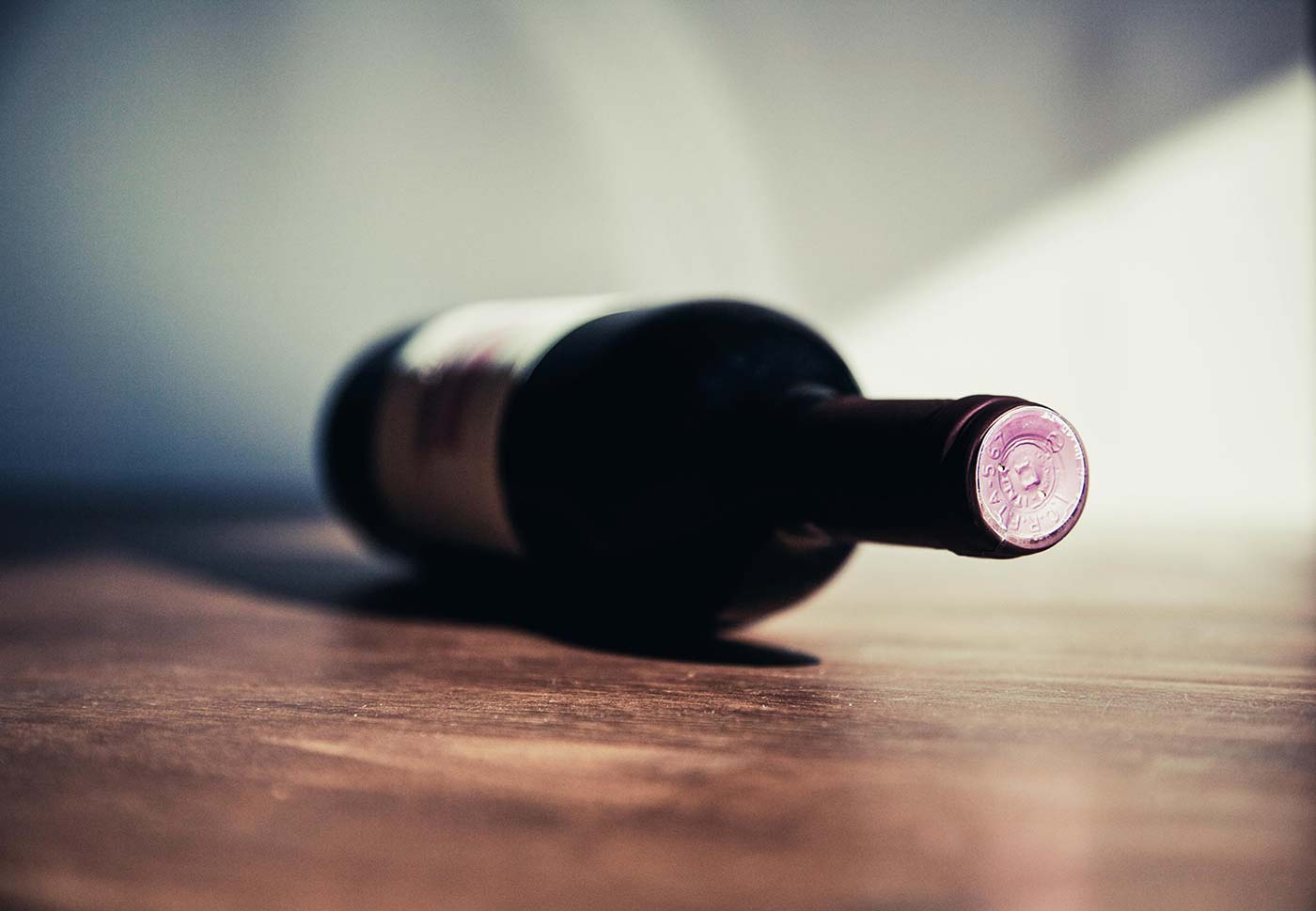A Scituate Native Brings Local and Sustainable Seafood to the Berkshires
As a kid growing up in Scituate, Massachusetts, Wes Malzone used to hang out by the docks watching the fish, scallop and lobster boats pull in and unload their catch. Over the years the fond memories of the harbor and its haul were tinged with an increasing awareness of the effect that industry consolidation and international competition were having on the families in his community and the rapid disappearance of what had always been a coastal state’s right – fresh, local seafood.
After a decade in corporate sales, Malzone moved to the Berkshires with his family in 2011 where he enjoyed the bounty of our local farms. While he could find no fault with the farm-to-table approach, he sorely missed the fresh seafood of his youth. In the spring of 2012 he decided to do something about it and founded BerkShore. His dream was to make the best Massachusetts seafood available in the western part of the state.
With BerkShore Malzone hopes not only to serve a customer base with a product that is healthy, fresh and delicious, but also to extend the concept of “local” food products to those that come from our waters as well. While we have been trained as savvy, informed consumers to inquire after the provenance of our meat, dairy and produce, not enough consumers ask those same questions of their seafood or demand those same standards.
Very few of even the most conscientious locavores realize that 86% of the seafood eaten in the United States is imported from other countries, mainly China, Thailand, Canada, Indonesia, Vietnam and Ecuador (according to National Marine Fisheries Service) and that 85% of the world’s fisheries are fully exploited, overexploited or have collapsed due to over-fishing by global fleets and climate change (according to Monterey Bay Aquarium Seafood Watch).
By working closely with a group of Scituate fisherman who sell directly to him, Malzone invests in their livelihood while providing those of us in the Berkshires with the highest quality product that has been caught in a responsible and sustainable way. Called day boats because they only stay at sea for 24 to 36 hours, many of these vessels have state officials on board to monitor their operation and use nets that minimize bycatch—the term used for any marine life that is unintentionally netted or hooked and, in almost all cases, discarded.
Twice a week he makes an early morning trip to Scituate, where he meets the boats as they are coming in. Lobsters are packed in seaweed and go straight from the traps to his van—no holding tanks ever. Scallops are shucked, bagged at sea and packed in their own juices and just a little seawater, making for a product that is firm and briny. The common practice of adding phosphates to extend shelf life and preserve firmness is stringently avoided. Depending on what the day and the season brings, there are usually finfish available and the variety changes every week. This summer alone has yielded cod, flounder, swordfish, haddock, sole, bluefish and striped bass and pollock.
By selling directly to the public at the Tuesday Market in Northampton and the Saturday Farmers’ Market in Great Barrington, as well as through a newsletter and Facebook page, Malzone is spreading the word about how to make informed decisions when purchasing seafood and how important it is to support local fishermen and their communities. But what is really winning people over, he says, is the taste: “When I let [customers] try a scallop that came out of the Atlantic hours ago, it is a revelation.”
Malzone also has a growing number of restaurant partners who share his dedication to the freshest seafood and are eager to spread the word of our state’s bounty. Early adopters were Adam Zieminski of Café Adam in Great Barrington, where you can enjoy Scituate lobster cocktail, and The Wheatleigh Hotel in Lenox where Chef Jeffrey Thompson says that his customers have responded enthusiastically to the scallops, lobsters and striped bass from BerkShore, “The difference is that [BerkShore] is a small company. Wes himself is selecting the fish. Most of the companies are large-scale and buy thousands of pounds at a time. You don’t know when they pulled the fish out of the water.” BerkShore seafood is also available at the Berkshire Co-Op, Blantyre and the Old Inn on the Green.
For those in despair over the end of the summer farmers’ markets, Malzone is quick to point out that winter is a terrific time for seafood, especially in Massachusetts, and he will be busy this winter introducing new restaurant partners to BerkShore and will continue selling to the public though winter markets. He encourages fans to keep up with BerkShore’s Facebook page for updates.
Malzone concedes that the issues facing the seafood industry are complicated and that both sides – that of the government and the industry will have to work closely together to safeguard its future. What isn’t complicated is the role he plays, “I am wagering that enough people in this area not only love great seafood, but also realize that this industry needs support and that we as individuals can be a part of saving the livelihoods of independent fisherman and preserving this vital part of our state’s history.” Much as concern about the health and environmental impact of industrial-scale farming has helped make Western Massachusetts a leader in the sustainable agriculture movement, Malzone is hoping that Berk- Shore can do the same thing for our state’s fishing industry. Let our lobster claws lead us into battle.
Photos courtesy of BerkShore


